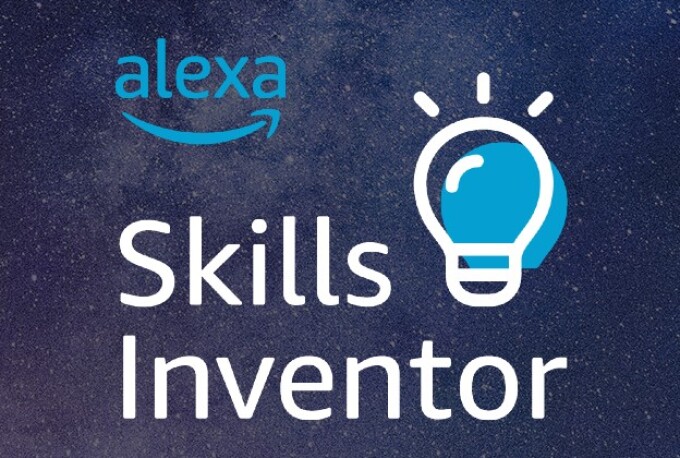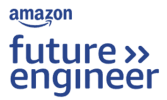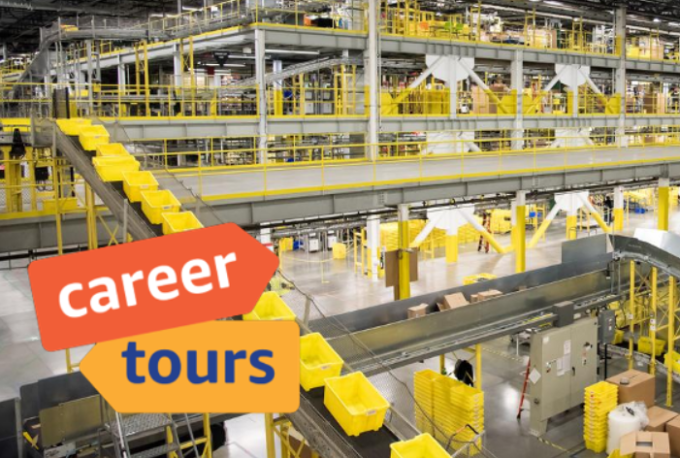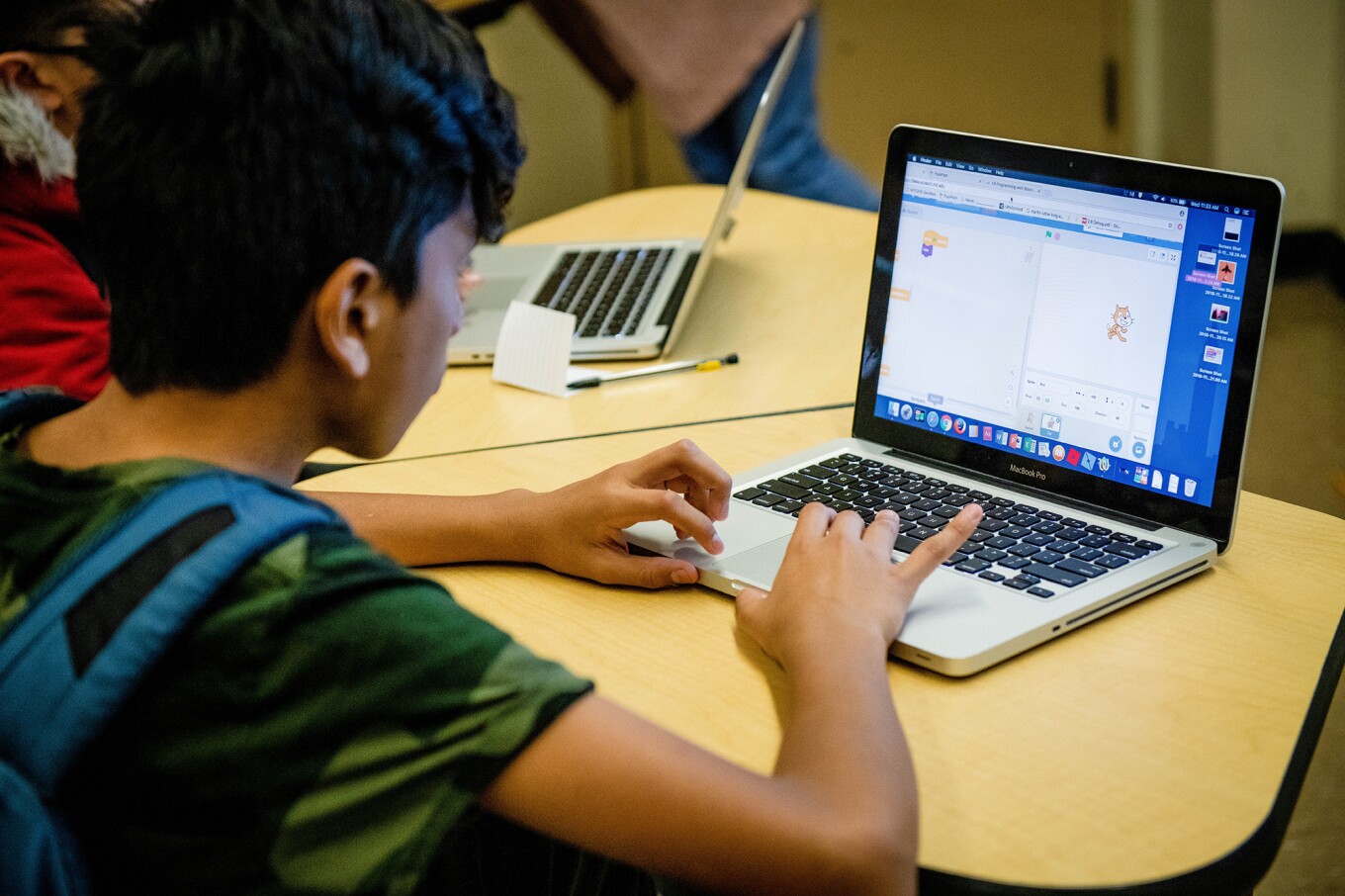High School
From foundational courses to rigorous AP classes, we provide educators with the curriculum and training they need to ensure that all students have an opportunity to learn and develop computer science skills in K-12.
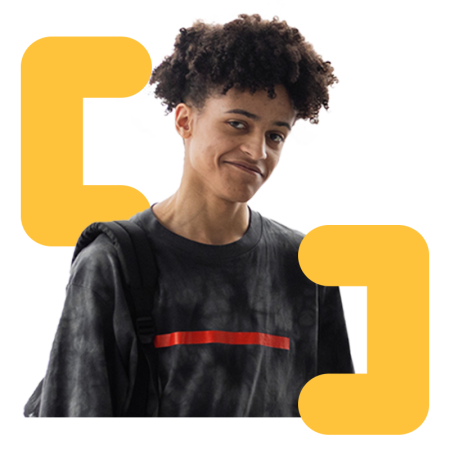
Choose between any of our sponsored providers to bring free, computer science programming to your school or district.
Code.org uses engaging tools, videos, and classroom-tested teaching methods that lower barriers to learning and encourage diversity and equity in the classroom. Over 50 million students have learned with Code.org and Code.org’s immersive professional learning program has prepared over 100,000 CS teachers.
Code.org offers multiple teacher training options to prepare teachers to teach their curriculum, no experience required. You can sign-up today!
- Free Asynchronous Online Training
- In-Person Training Options (free in some areas)
- Self-Guided Options for Students
Project STEM’s courses are designed to meet the needs of both students and teachers across a broad spectrum of experience and need, from building foundational skills and introducing core computer science concepts to more advanced and rigorous coursework.
ProjectSTEM offers multiple teacher training options to prepare teachers to teach their curriculum, no experience required. You can sign-up today!
- Free Asynchronous Online Training (Sign-up Required)
- Free Live Online Training
Introduce your students to the careers of the future and the basics of computer science through short learning experiences.
